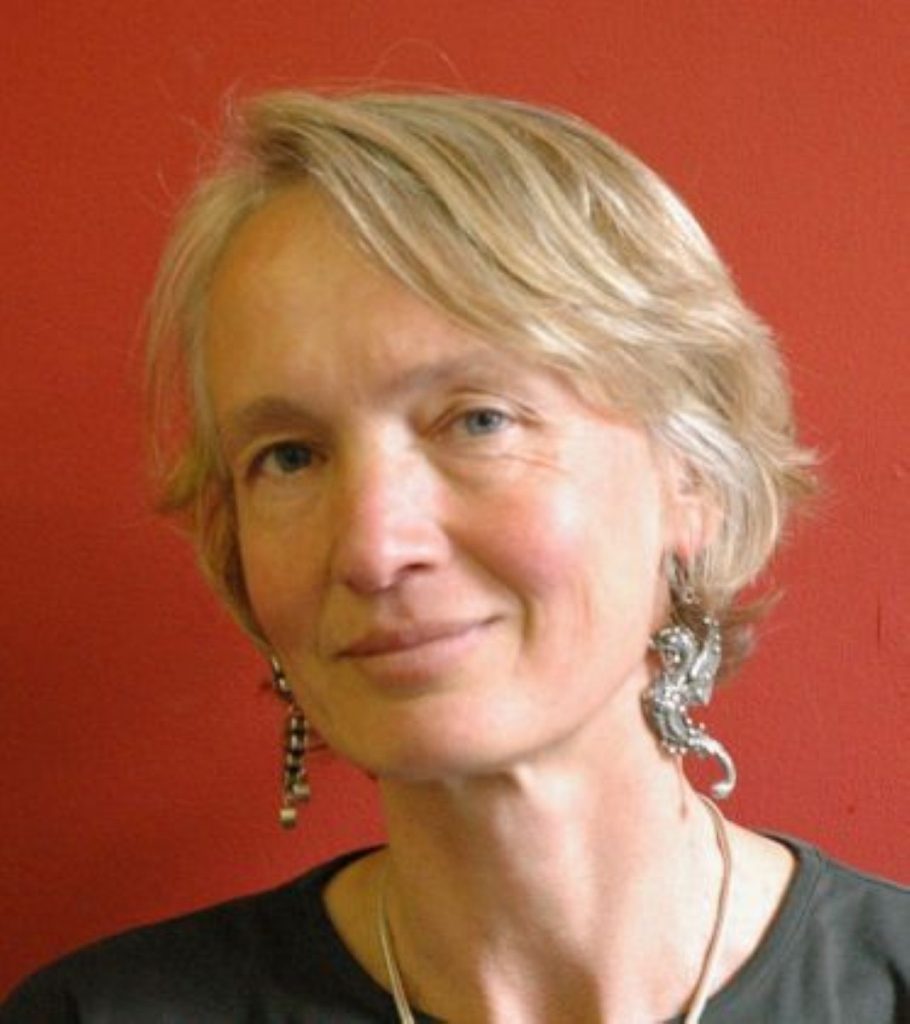Comment: Rio+20 is a missed opportunity
By Dr Camilla Toulmin
"Moderately satisfied" was the verdict of the Danish prime minister Helle Thorning-Schmidt, speaking of the outcome document from Rio+20, a text which provides in her view a good starting point for the pathway towards sustainable inclusive green growth.
This generous view is not shared by many civil society groups and business leaders, who find the lack of vision, clear commitments and targets a big disappointment and a huge missed opportunity.
The Brazilian government, host of this huge gathering of people from every corner of the planet, was desperate to ensure an agreement be reached at Rio. It drafted the final 283 paragraphs and insisted all the delegates sign up to it. These strong-arm tactics have at least allowed the heads of state to take their turns at the podium and hold forth on their personal commitment to sustainable development. Each one has been given five minutes but, once on the stand, they cannot resist occupying 15 or 20 minutes of plenary time.
There are a few things to be pleased with. A process has been agreed to take forward the design, by 2015, of a set of sustainable development goals for all nations. They could potentially be integrated into whatever is planned to take forward the millennium development goals (MDGs), which have had 2015 as their deadline, and which apply only to developing countries.


Many of these targets have not been met, particularly in Africa, and so will need some form of follow-on actions. The world is a very different place today from the end of the 20th century when the MDGs were set. The post-2015 agenda will need to reflect such changes in economic, social and environmental challenges. We need to make sure that MDG phase 2 and the sustainable development goals processes are brought together in a single strand for 2015.
Ban Ki-moon, remembering his dependence as a child on a kerosene lamp to do his homework, has championed the first of a new set of global goals, on sustainable energy for all. This commits all parties to ensure delivery of electricity to everyone around the world, a doubling of renewable energy in the global energy mix and a doubling of energy efficiency — all by 2030. Many businesses, NGOs and development agencies have signed up to help make this happen.
And the Rio outcome document has some useful text referring to the need to move beyond GDP, and start valuing ecological goods and services properly. Oceans get several paragraphs, as do the mining sector, cities, food, agriculture, water and forests amongst others. Policies for a green economy are referred to as a means to achieve more sustainable development and poverty alleviation, as long as they are designed and tailored to fit the needs of individual countries.
The text highlighted the big gap between the global aim of limiting global warming to an average of 1.5-2 degrees Celsius, and current commitments to cut greenhouse gas emissions, a gap which grows ever wider given the inability of most countries to meet even these weak targets. We'll need to come back to this at the next conference of the climate change convention, to be held in Doha this December – a curious choice, given Qatar's position close to the top of the league table for greenhouse gas emissions per head.
But overall, there is a distinct damp squib feeling in Rio. There are few if any action points, commitments, targets and funding pledges, with progress on these put off for another day. Some attribute the lack of vision and leadership to the fact that some of the key countries are in the midst of changes in leadership – notably the US and China. Others identify fear as the principal emotion blocking the take-up by politicians of significant actions to move towards a more sustainable pattern of production and consumption.
The sustainable development goals process could be a valuable means to engage the consumers and voters of rich countries as well as poor to understand the consequences of our continuing down the current wasteful and ecologically damaging pattern of consumption.
In a world of limited resources, a commitment to bring prosperity to the poorest third of the planet's people means reducing the demands made by richer and more powerful groups. That means addressing inequality has to be at the heart of the sustainable development goals. Let's hope the expert group tasked by the Rio document to design these new targets will dare to outline how we achieve fair shares on this, our one and only Earth.
Dr Camilla Toulmin is the director for the International Institute for Environment and Development
The opinions in politics.co.uk's Comment and Analysis section are those of the author and are no reflection of the views of the website or its owners.









